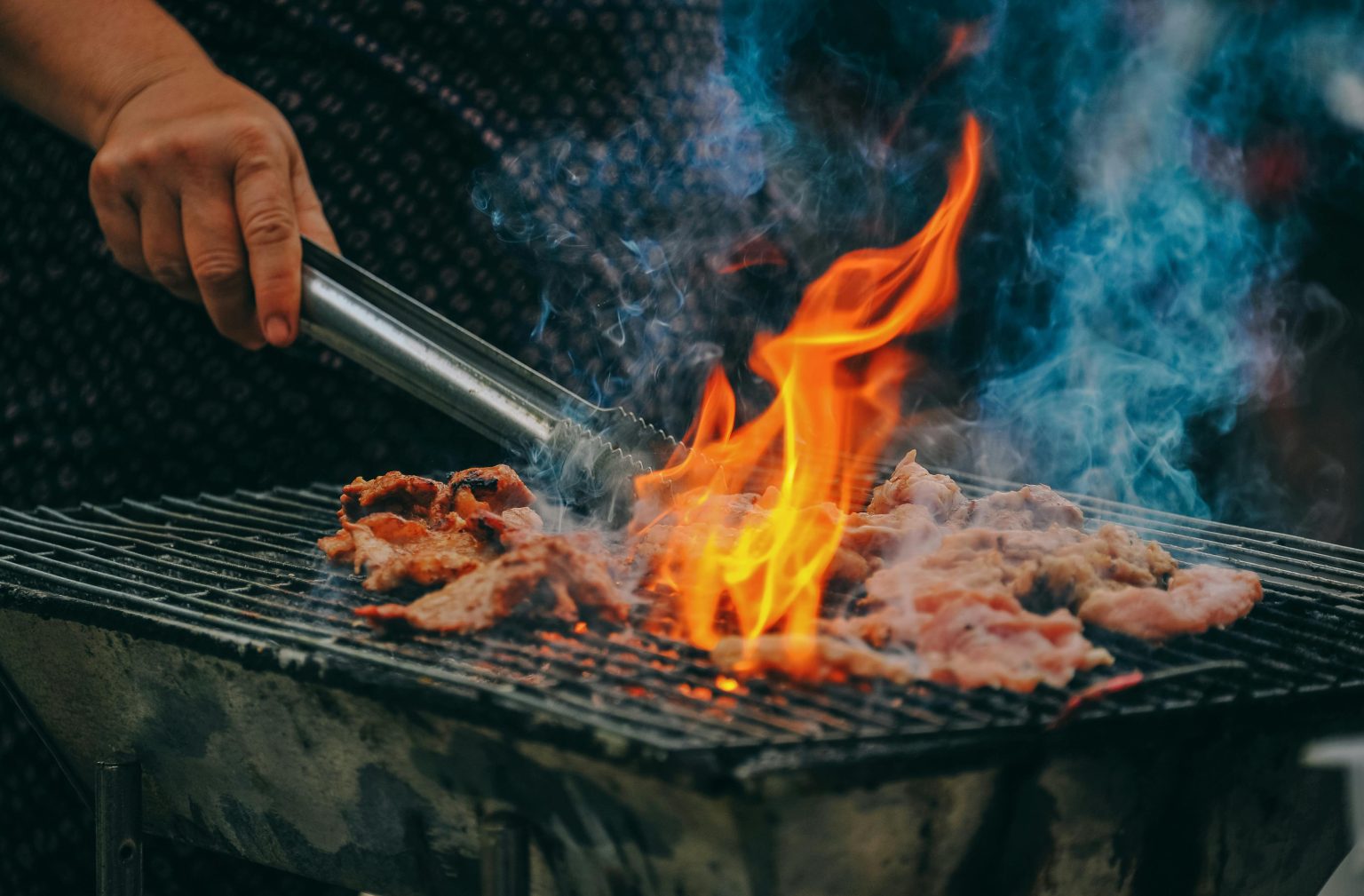It’s estimated that 30% of the world’s greenhouse gas emissions is due to food-system emissions, causing researchers at Alliance Online to explore which of the UK’s favourite meals has the highest carbon emissions.
They analysed 15 of the UK’s favourite meals and desserts to identify which one has the worst carbon footprint.
|
Meal |
Total CO2e per recipe |
Total CO2e per person |
|
Steak & Ale Pie |
48,664 |
6,083 |
|
Roast Beef & Yorkshire Puddings |
14,419 |
1,802 |
|
Fish, Chips & Mushy Peas |
5,802 |
1,451 |
|
Cornish Pasty |
4,163 |
694 |
|
Full English Breakfast |
3,771 |
1,886 |
|
Shepherd’s Pie |
3,291 |
823 |
|
Spotted Dick |
2,275 |
379 |
|
Toad in the Hole |
1,925 |
481 |
|
Scotch Egg |
1,401 |
175 |
|
Bangers, Mash & Onion Gravy |
1,290 |
323 |
|
Bread & Butter Pudding |
1,251 |
209 |
|
Beans on Toast |
1,221 |
1,221 |
|
Trifle |
873 |
87 |
|
Eton Mess |
574 |
96 |
|
Scone, Jam & Cream |
323 |
40 |
Steak and ale pie came out on top for having the worst carbon emissions, with 48,664g of CO2e to make the classic British dish, or 6,083g of CO2e per portion.
According to the findings, if you were to cook a steak and ale pie every week for a year, it would be the equivalent of travelling 16482.3km, the same distance to fly from London Heathrow to JFK nine times!
The classic roast beef and yorkshire puddings came in second place with 14,419g of CO2e produced. Making this dish every week for a year is the equivalent to flying from London Heathrow to the Algarve and back.
In third place was the true British staple of fish, chips and mushy peas, having 5,802g of CO2e.
The dishes with the largest quantity of meat, specifically beef, recorded the highest carbon emissions.
Out of all the desserts in the study, spotted dick was found to be the least carbon efficient sweet treat, producing 2,275g CO2e to make.
Commenting on the findings, Rachael Kiss from Alliance Online said:
“It’s alarming to see our study showing the sheer amount of carbon emissions our favourite meals produce, with the steak and ale pie swiping the top spot.
To combat this in an everyday sense, small changes can be made. Start by growing your own fruit or vegetables or opt to shop local. Shopping locally for food can lower your carbon footprint by reducing transportation emissions and supporting sustainable farming practices within your community. Businesses can adjust their approach by buying British seasonal produce and amending menus to suit the season, as it requires fewer resources for cultivation and preservation.”
Alliance Online have released these findings to raise awareness of the environmental impact of the UK’s favourite meals, considering factors such as the transportation of goods, carbon emissions and animal-based foods.
